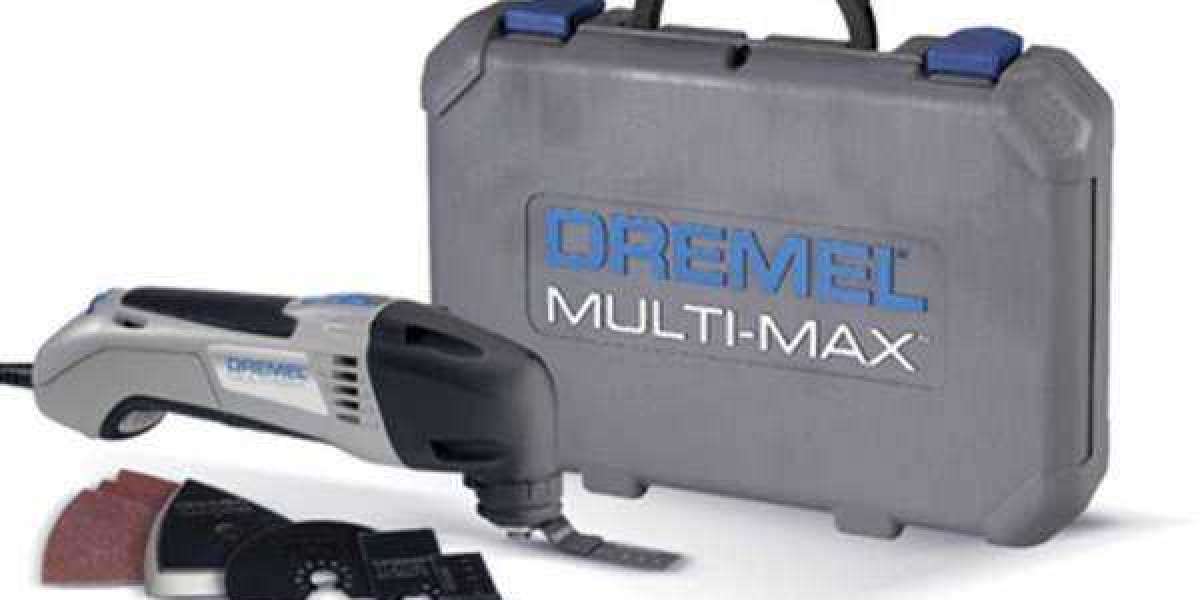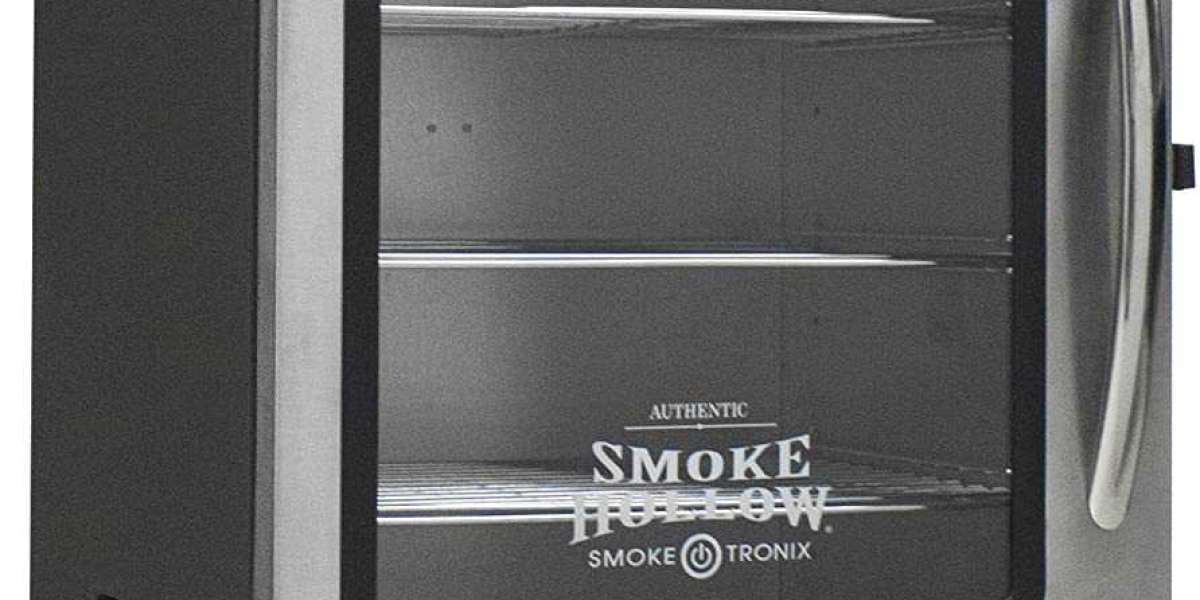Revenue speaking, the underserved represent tens of billions-a number that's not been overlooked by numerous industries. The Federal Deposit Insurance Corporation reports about one in 13 American households (mostly low-income, minority) do not use a checking or savings account. This prevents favorable credit scoring leaving the underserved without means to traditional lending and attracting a business model that's surging with double-digit growth.
Marketing by Location: Taking it to the Street
In my diverse Texas neighborhood, a rebranded title loan chain has opened up shop faster than taquerias in the past eighteen months. When the first one opened with its over-sized fonts shouting out in red, white and blue (replicating Bank of America's color scheme), I found myself involuntarily bristling every time I drove by. Habla español! the sign reads...of course you do. Within months, a second one anchored a storefront less than two miles down the same street! And when I started spotting additional store signage half a mile away...well, let's just say kudos to the company for branding recognition. Within a five-mile radius, title loan companies now outnumber my national bank chain two to one.
The title loan business markets to predominantly ethnic areas with unbanked consumers who pay a hefty interest rate (up to 36%) on loans due in one balloon payment at the end of 30 days. If payments can't be made, the loan gets renewed with additional interest at the same rate tacked on. This continues for an average of eight renewals according to the non-profit Center for Responsible Lending, meaning triple-digit interest rates for 29 states that allow predatory lending coined as specialty or alternative financing. If the loan can't be repaid, the vehicle used for collateral is taken. The industry practice: legal and lobbied.
Marketing by Donation: Online Social Opportunity
If you've heard about Kiva, you know it's a class-act organization. Based out of San Francisco, this social enterprise bridges the gap between microlenders and entrepreneurs around the world. They even have several locations in the U.S. including New Orleans and San Antonio. The premise is simple. You, the donor, provide funds in amounts as small as $25 which in turn supply the microlenders with money to lend to the entrepreneur. The entrepreneur uses funds to help build his or her business, repays it with a sense of satisfaction and becomes eligible to borrow more to grow the company as needed.
Kiva's microlenders charge interest rates that range up to 24% which is still steep. Unlike title loans, the difference is simple interest which is marketed up front with no collateral involved.
On a very broad scale, Kiva is to entrepreneurs what World Vision is to children: respectively, providing resources for individuals to earn an income, and nourishment and education for families to grow stronger.
Marketing Location and Donation at Home: Business Models with Heart
Reviews for the title loan industry range from disgust for the business practitioners to no sympathy for the consumer's choice. Call me radical, but why can't there be a model like Kiva for the underserved in the U.S. who need access to emergency cash?
Unfair business practices are grounds for marketing benevolence with models that work for both the company and the consumer.
In addition to replicating a Kiva business model for the underserved, here are a few industries that could profit by providing microloans with existing services at premium interest rates, yet well below the triple-digit atrocity of the title loan industry:
Automobile dealers-offer a subset of value-priced vehicles which includes the ability to secure a microloan by extending car payment terms Smartphone providers-amortize loan repayment with monthly phone charges National retailers-store charges are rounded up to the nearest $10 increment to repay microloan principal and interest Mobile microloan startup partnering with one or more of the above-repayment is tied to phone, car or retail payment
Forget legislation that turns a blind eye to the title loan practice! Let commercial ingenuity oust the 21st century carpetbaggers and extend the compassion we offer abroad to the more than estimated 60 million individuals here at home.







